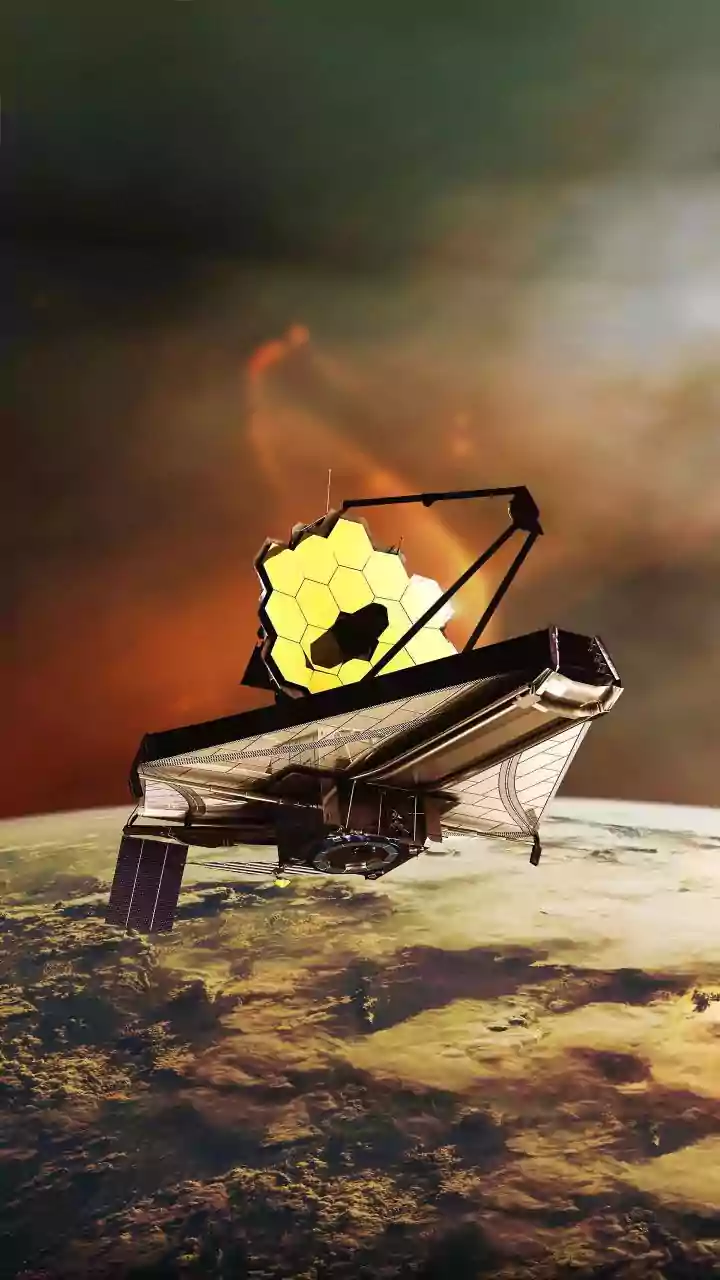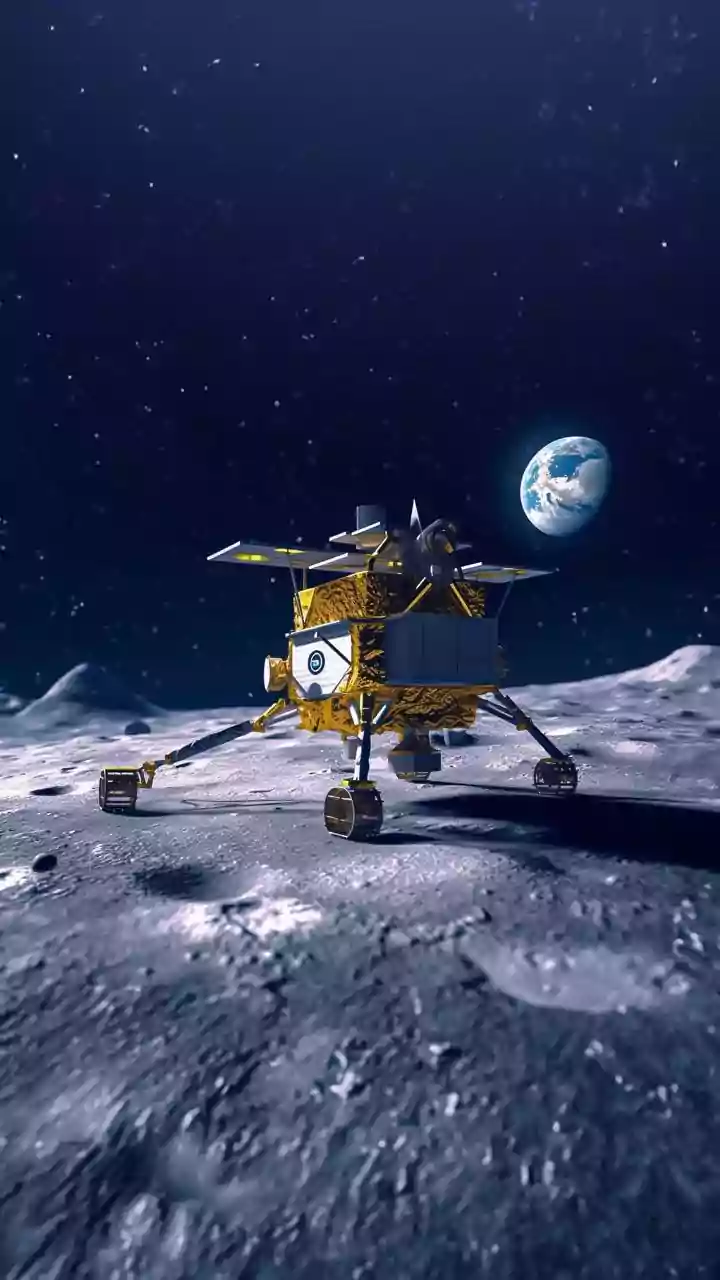Unveiling Terrifying Science
Scientific research can be a double-edged sword, often leading to remarkable discoveries while simultaneously exposing the darker side of human curiosity.
The pursuit of knowledge frequently involves pushing boundaries, sometimes with alarming consequences. Consider the lengths researchers have gone to, the risks they have taken, and the ethical dilemmas they've faced. This exploration offers insight into experiments that not only advanced understanding but also revealed how terrifying scientific endeavors can be. These experiments demonstrate the unpredictable nature of scientific exploration and challenge our understanding of what's possible and what's permissible. They are a reminder that progress can come at a cost, and that the pursuit of knowledge is not always a comfortable journey.
Extreme Human Endeavors
Across the history of science, researchers have embarked on truly daring experiments, often involving risks to human life or the violation of ethical boundaries. This involves delving into areas such as biological warfare research, where scientists have synthesized and tested lethal agents, or the exploration of the human body through invasive procedures like lobotomies and experiments with radiation exposure. It is easy to be shocked by the scale of the experiments, but the truth remains – each of these experiments demonstrated the complex interplay between human curiosity and the dark side of scientific progress. These stories serve as a powerful reminder of the importance of ethics and responsibility in the pursuit of scientific advancement, showcasing the potential for both progress and peril that lies within the realm of science.
Ethical Quandaries Explored
When science delves into the realm of ethics, the lines between right and wrong often blur. The ethical dimensions of scientific research have become a significant source of debate and conflict. The issue of animal testing raises profound questions about the treatment of living beings in the pursuit of knowledge, and experiments on human subjects, without consent or in the context of extreme suffering, pose even more complex issues. When scientists push the boundaries of what is considered acceptable, the consequences can be dire. These are not merely abstract philosophical discussions; they are real events that have had, and continue to have, serious effects on the way we view science and its role in society. These ethical dilemmas force us to consider the value of human life, the nature of progress, and the responsibilities that come with scientific advancement.
Unpredictable Outcomes
The pursuit of scientific knowledge is often fraught with uncertainty, and the outcomes of experiments are rarely predictable. The history of science is filled with experiments where the results were not what was expected and sometimes they have led to unexpected hazards. This includes the accidental release of harmful substances, the development of technologies that have had unforeseen negative impacts, and even the creation of life-threatening diseases. These unexpected outcomes force scientists to re-evaluate the risks involved, and to implement new safety protocols. These unexpected results underscore the importance of careful planning, thorough testing, and rigorous evaluation in the scientific process, and underscore the need for constant vigilance to ensure that scientific progress does not come at the cost of human safety or well-being.
The Future of Science
Looking ahead, the intersection of science and potential terror remains a significant area of interest. While it's impossible to know what the future holds, the speed with which technology is developing and the constant emergence of new scientific fields suggest that the potential for both groundbreaking discoveries and unexpected dangers will continue to grow. It's important for researchers, policymakers, and the general public to remain vigilant. These include establishing strong ethical guidelines, prioritizing safety, and promoting transparency. Only by doing so can we ensure that scientific progress is used for the betterment of humanity, rather than for its destruction. The future of science will be shaped by the choices we make today.


















